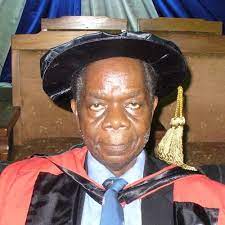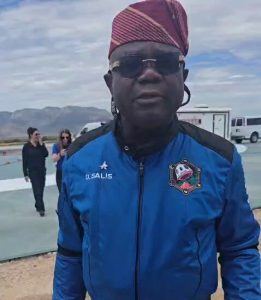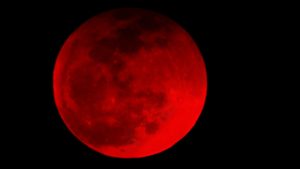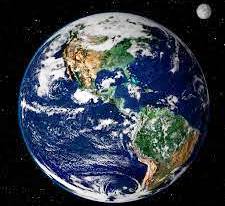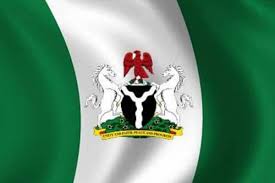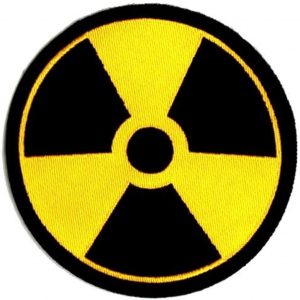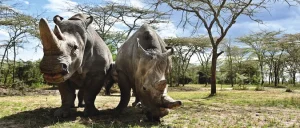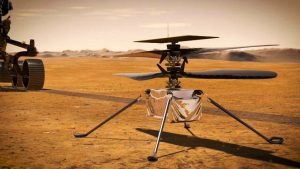Nigeria Atomic Energy Commission, NAEC, the focal nuclear agency in Nigeria, is yet to get a substantive Chief Executive Officer.
Anthony Ekedegwa has been in acting capacity since September, 2024. He is yet to be confirmed, nor a qualified expert in nuclear energy appointed as Chief Executive Officer/Chairman.
The seeming delay is surprising since a sister nuclear agency, Nigerian Nuclear Regulatory Authority, NNRA, which Director General’s tenure expired was confirmed promptly.
Dr Yau Idris, Director General of NNRA was appointed by President Muhammadu Buhari on 19 February, 2020, for a five-year tenure.
The Minister of State, Petroleum, (Oil) the supervising Minister, announced his re-appointment for a second and final term on 11 March, 2024, effective 18 February, 2024.
President Bola Tinubu has been effective in making appointments as when due, in contrast to President Goodluck Jonathan who waited for three years before appointing Professor Dim Lawrence Anikwe as Director General, NNRA, after the tenure of Professor Shamsideen Elegba, the pioneer Director General.
The Public Service Rules, PSR 020604, requires such appointments to be made within six months. Anyone in acting capacity should be for an initial six months, subject to renewal for a maximum of another six months.
The legal limit is about two more months, but NAEC is a strategic commission.
Nigeria is currently pursuing a nuclear electricity programme in which she wishes to generate electricity from nuclear energy for national development.
The pioneer Chairman of NAEC, Dr Erepamo Osaisai, wanted to diversify the energy mix in the country like other oil-rich countries – United Arab Emirates, Saudi Arabia, Venezuela, Libya, Russia – which generate, or are in the process of generating, electricity from nuclear energy.
NAEC has identified two candidate sites for a Nuclear Power Plant, NPP.
In 2008, the International Atomic Energy Agency, IAEA, declared that Dr Osaisai’s NAEC has passed the first of three phases in the capacity to run NPP for electricity generation.
South Africa, with half Nigeria’s population is the only country with nuclear electricity in Africa. She has two nuclear reactors, generating 1,900 mw out of a total output of 40,000 mw. USA generates 900,000 mw of electricity. Nigeria generates about 5,000 mw.
Nigeria’s Speaker, House of Representatives, Tajudeen Abbas, in his speech to a joint session of the National Assembly on Democracy Day 2025, attended by President Bola Tinubu, added his voice for expedited action on diversifying the country’s energy mix:
“Now we require another decisive decision and an intervention in our energy sector for clean sources such as solar and even nuclear to ensure a reliable and sustainable national grid.
If anyone can do this, Mr President, it is you.”
Nigeria’s quest for nuclear power is entirely for peaceful purposes. She was the first in Africa to sign the Nuclear Non Proliferation Treaty, NPT, in 1968.
The IAEA has been supportive. IAEA Director General, Rafael Grossi, visited Nigeria’s Vice President Kashim Shettima on May 16, 2024, and pledged assistance towards the programme.

The Executive Secretary of Comprehensive Nuclear Test Ban Organisation, CTBTO, Dr Robert Floyd, also visited Vice President Kashim Shettima on 7 July, 2025, and expressed satisfaction with the country’s non-military pursuit of nuclear power.
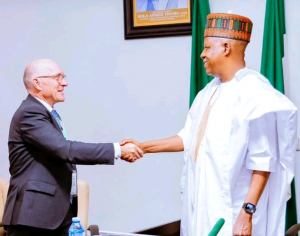
Therefore, the earliest appointment of a qualified Chairman for NAEC, with full powers, will ensure that the momentum towards the peaceful use of nuclear energy in Nigeria, with all its advantages, is not lost or delayed.


